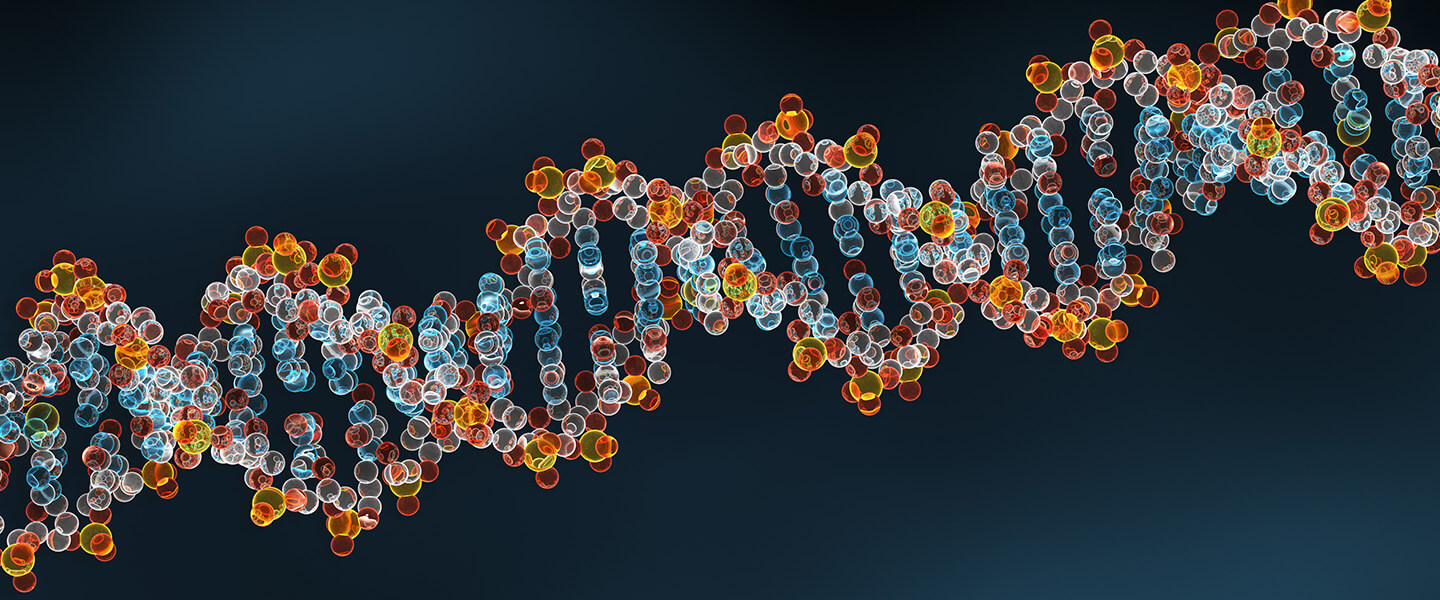Depression’s Genetic Links Probed in 1 Million People in a Single Study for the First Time
Depression’s Genetic Links Probed in 1 Million People in a Single Study for the First Time

After more than two decades of genetic studies of depression that have been informative, intriguing, but widely acknowledged to be statistically "underpowered," a detailed and scientifically consistent picture is now emerging.
Researchers have published results of the largest probe to date of genetic factors associated with the depression. They have indicated locations ("loci") in the human genome that are often perturbed in the illness and likely to have impacts on causation and suggested linkages between depression and other psychiatric diagnoses and behavioral traits.
Involving genome samples from over 1.2 million individuals, the study's primary analysis combined the results of several large genome-wide association studies (GWAS) in a "meta-analysis" much more powerful than any of the component studies considered alone. Included in the combined analysis were results of a new GWAS reflecting genome data of 310,000 individuals in the Million Veterans Program (MVP) of U.S. Department of Veterans Affairs. Other components were studies from the Psychiatric Genomics Consortium (PGC), the UK Biobank, FinnGen, a Finnish biobank, and 23andMe, a commercial genomics company.
Results of the meta-analysis were then replicated in an additional sample of over 1.3 million individuals drawn from the 23andMe database who were not included in the primary analysis. Most of the study subjects were of European ancestry. The research team was led by Joel Gelernter, M.D., and Murray B. Stein, M.D., and included five BBRF-affiliated investigators, including Daniel F. Levey, Ph.D., a 2019 BBRF Young Investigator who was first author of the team's paper.
"We present the first genetic study of depression including more than 1 million informative participants, to our knowledge the largest analysis so far in a fast-moving field," the team reported in a paper appearing in Nature Neuroscience.
Their analysis revealed 223 "independently significant" single-nucleotide polymorphisms, or "SNPs"—places in the genome where a single DNA "letter" varies from the standard "reference" genome and have been found to be associated with depression. These SNPs occurred in a total of 183 genome "loci," or addresses, an increase of 77 loci from the largest previous depression study. The data also enabled the team to correlate 1,457 physiological and behavioral "traits" with depression, 669 of which were found to be "significantly" correlated.
The gene variants with the most powerful correlations with depression in the analysis were: NEGR1, a gene that encodes a regulator of neuronal growth—which additional analysis further linked with the brain area called the hypothalamus which is involved in sleep and emotional processing. Mice that have been bred with missing NEGR1 genes have been shown to have brain structure abnormalities and behavioral traits including anxiety and depression.
Another gene variant with strong association with depression was DRD2, which encodes a key receptor for the neurotransmitter dopamine. A linkage was established between cells with DRD2 deficiencies and the nucleus accumbens, part of the brain's dopamine reward circuit and long implicated in depression. A third gene showing strong association with depression was CELF4, also known to be perturbed in developmental disorders including autism spectrum disorder.
Some of the factors that could be associated with depression, based on the meta-analysis, included the biological activity of several drugs which are not currently used as antidepressants but which may have some potential in that role. They included riluzole, a drug used to treat ALS (Lou Gehrig's Disease) and which is being explored in combination therapy for depression; and cyclothiazide, a modulator of excitatory AMPA receptors. A third drug, called felbamate, was inversely correlated: it is an anti-seizure medicine which has side effects that include increasing depressive symptoms and suicidal ideation. All three drugs, the researchers noted, modulate the activity of glutamate—an important lead to follow in studying depression neurobiology.
A methodology which enabled the team to investigate relationships between major depression and 15 other mental health and cognitive traits supported important longstanding observations about depression: that it is linked in various complex ways with "internalizing" conditions or behaviors (self-generated, self-directed ones such as anxiety, inhibition, fear, and withdrawal) and externalizing behaviors (in this specific case, risky behaviors such as substance use).
An important aspect of the current study was the replication of its results in an independent sample of 1.3 million people drawn from the 23andMe database (which included over 455,000 individuals diagnosed with depression). Ninety-nine percent of the findings of the team's meta-analysis were corroborated in the independent dataset. "This very strong replication indicates the consistency of the findings from our primary analysis," the team reported.
"This study sheds light on the genetic architecture of depression and provides new insights into the interrelatedness of complex psychiatric traits," the researchers concluded.
The team also included: BBRF Scientific Council member Gerald Sanacora, M.D., Ph.D., a 2014 BBRF Distinguished Investigator, 2007 Independent Investigator, 2001 and 1999 Young Investigator, and winner of the 2003 BBRF Klerman Prize; Renato Polimanti, Ph.D., 2015 BBRF Young Investigator; Hang Zhou, Ph.D., 2018 BBRF Young Investigator; and Andrew McIntosh, M.D., a 2010 BBRF Independent Investigator.



